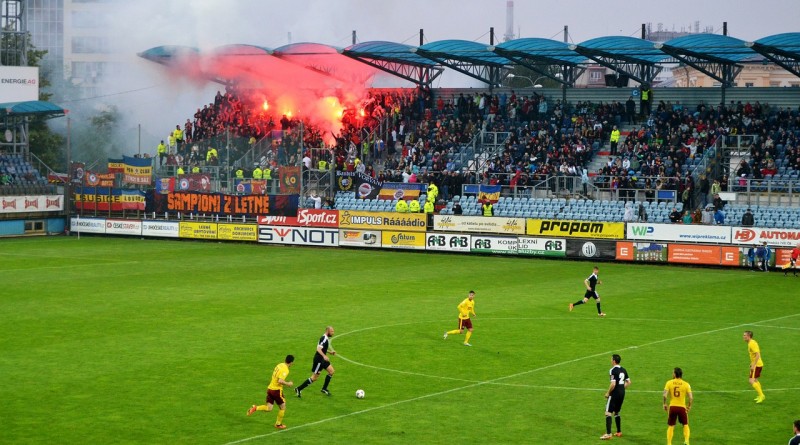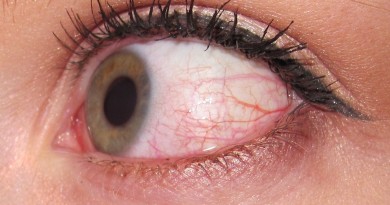Why do football teams play worse away from home?
SHORT ANSWER
Refereeing decisions, testosterone levels and lack of confidence.
FULL STORY
Home advantage – meaning sports teams generally play better at their home stadium – is a well-established fact in almost every sport.
But why does this happen?
A study bringing together the results of previous research examined factors including being familiar with local conditions (found to be of “little benefit”) and travel distance (found to have an effect “provided the journey involved crossing a number of time zones”).
The factor found to have the most effect was the crowd – whose main impact was to “influence the officials to subconsciously favour the home team”.
So poor away results may not be due to poor performance.
But there is evidence home advantage affects players.
One study found testosterone levels in football players were “significantly higher” during home games.
It has also been suggested that winning games at home increases the number of androgen receptors (which receive testosterone) in a part of the brain that controls social aggression – a change described as the “winner effect”.




